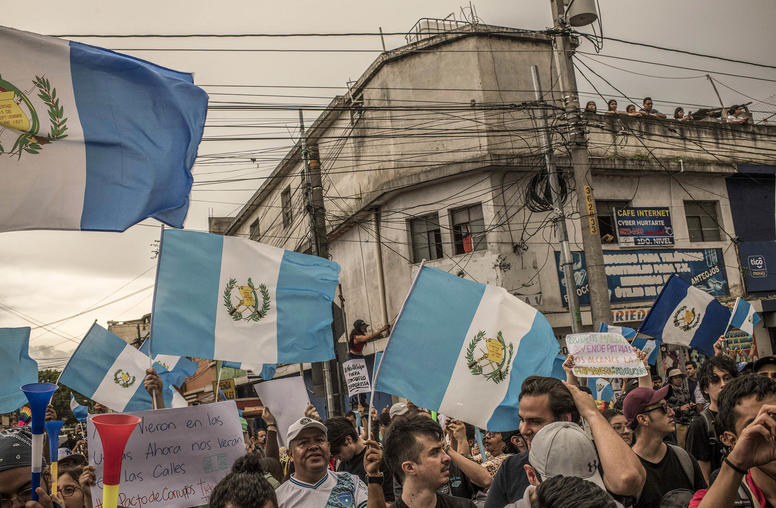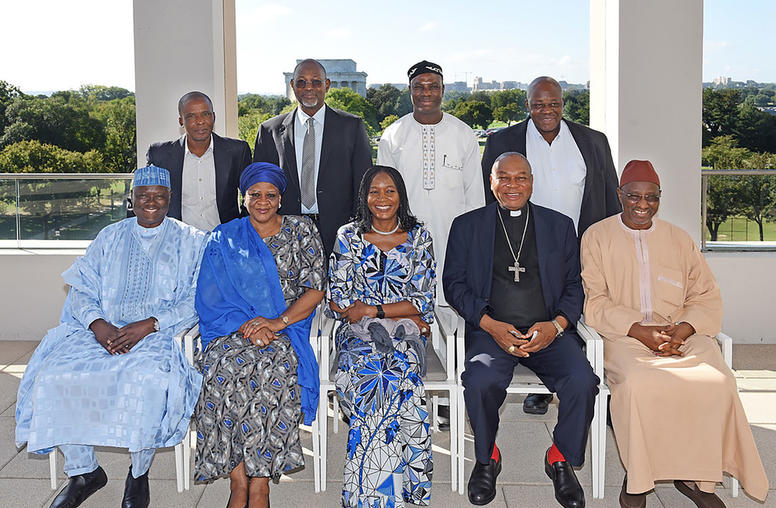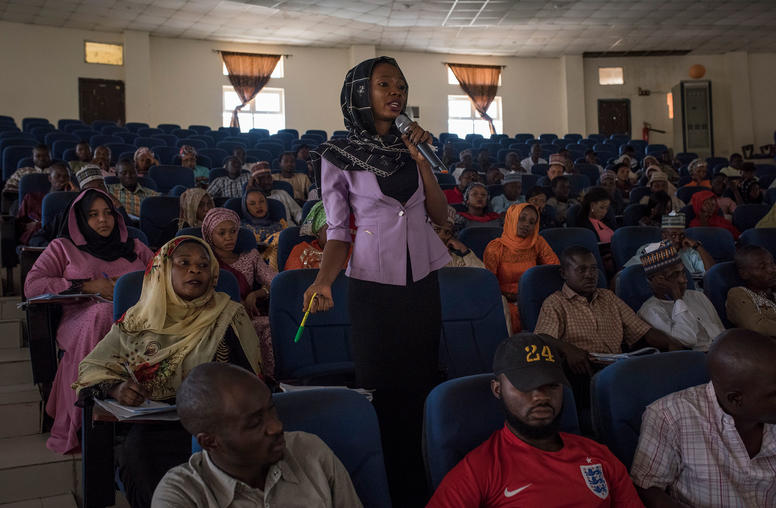 Global Elections & Conflict
Global Elections & Conflict
Increasingly aware of the risk of strife presented by elections in countries affected by conflict, governments and civil society need more effective approaches to prevent election-related violence. The U.S. Institute of Peace conducts research, training and fieldwork to develop evidence that will improve knowledge in this field and inform initiatives such as codes of conduct developed by police and elections officials to avert violence. USIP’s Academy also conducts extensive training and education on election violence prevention in Africa.
Featured Publications

Sometimes the Good Guys Win: Five Lessons from Guatemala’s 2023 Election
When Bernardo Arévalo won the presidency last year, it left Guatemala’s corrupt old guard reeling. Arévalo and his anti-corruption Semilla Movement posed a direct threat to the power of Guatemala’s “pacto de los corruptos” — an alliance of government officials, politicians, prosecutors, judges, party financiers, state contractors and some wealthy families. The pact mobilized to overturn the election results. But Guatemala’s civil society, backed by U.S. and broader international support, was able to uphold the elections and advance democracy in the Central American nation.

Sometimes the Good Guys Win: Guatemala's Kleptocracy Fights Back
Last year was a pivotal moment for Guatemala’s democracy. Longshot candidate Bernardo Arévalo rode popular anti-corruption fervor into a shocking second place finish in the first-round presidential polls, ultimately winning the presidency in the runoff. Since Guatemala transitioned to a democracy in the mid-1980s, the country has been wracked by increasingly pervasive corruption, perpetrated and perpetuated by venal elites.

Sometimes the Good Guys Win: Guatemala’s Shocking 2023 Election
Guatemala’s 2023 elections were a turning point for the country. Despite a playing field tilted to favor the governing elite, voters elected Bernardo Arévalo, whose Semilla (“Seed”) Movement promised to break the country’s cycles of corruption, restoring democracy and the rule of law. Success was — and remains — far from inevitable. The kleptocracy pushed back hard, using their control of the public prosecutors’ office to open spurious investigations and pursue unsupported claims of electoral fraud.
Current Projects

Nigeria Working Group on Peacebuilding and Governance
The Nigeria Working Group on Peacebuilding and Governance is a joint initiative between USIP and senior leaders from Nigerian civil society to promote good governance practices that strengthen the foundations of peace and security for all Nigerians. Using a cohesive, strategic approach to engage in and advocate for peace and security, the working group fosters relationships between citizens and governors, ensuring that citizens' voices impact crucial decisions.

Network of Nigerian Facilitators
The Network of Nigerian Facilitators (NNF) is a group of professional peace mediators trained and advised by USIP to mitigate and resolve local conflicts through nonviolent means in Nigeria. Since 2018, USIP has supported the NNF with the aim of preventing conflicts from escalating beyond the community level by piloting dialogue-based approaches and connecting local peacebuilders with policymakers to inform government responses to conflicts.